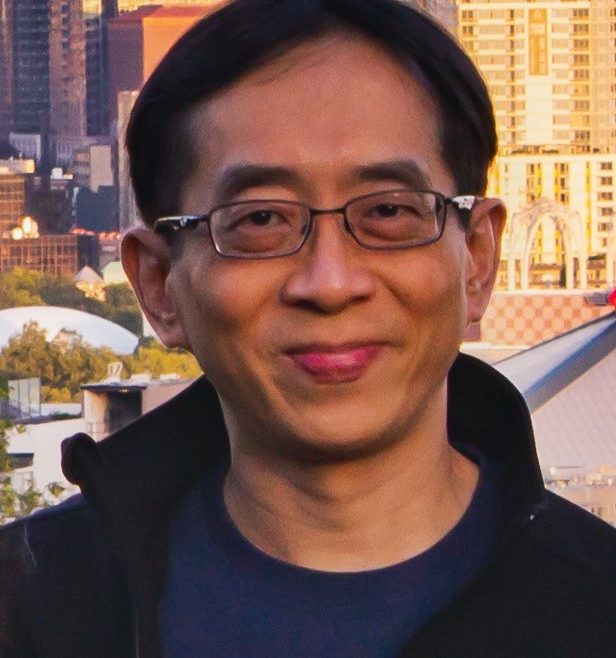This 2-day event will share the essentials of EMC and the industry.
The 2022 theme focus is “measurement”.
Speaker: Dr. Cheung-Wei Lam, Distinguished Engineer and Chief EM Technologist at Apple
Topic: Common Misconceptions about Inductance & Current Return Path
Abstract: In today’s high-speed system designs, a good understanding of inductance and current return path is important for signal integrity and EMI control. Unfortunately, several key concepts about the two have often been misunderstood or overlooked. This presentation will discuss the main concepts and some common misconceptions about inductance and current return path. Examples will be given at the chip and PCB levels.
Biography: Dr. Cheung-Wei Lam is a Distinguished Engineer and Chief EM Technologist at Apple. Prior to Apple, he was a co-founder at Transcendent Design Technology and a principal engineer at Quad Design Technology. Dr. Lam received B.S. from the Chinese University of Hong Kong, and S.M./Ph.D. from MIT. He currently serves as an IEEE EMC Society Respected Speaker and was a past IEEE EMC Society Distinguished Lecturer.
Registration is not required for this event. Zoom Link to be provided closer to event. Please visit EMC Boston Chapter website for details:
www.emcsbostonchapter.com/events
Antennas are wave mode changers, that are classically described by a set of antenna parameters such as input impedance, gain, directivity, antenna factor and radiation diagram. Due to progressing complexity and integration of transmission systems, the exact knowledge of these parameters is getting more and more important. For the measurement of quantities conforming to standards, different measurement setups in absorber chambers and on open-area test sites exist. With progressing computational capabilities, computationally intensive methods based on near-field-tofar-field transformation gain importance. Flying measurement platforms based on autarkic multicopters are used for the characterization of large stationary antenna systems. The talk shows some new developments.
Electromagnetic field theory is probably not the most favorite topic for many engineers, but it is crucial for understanding EMC. Many times, teaching of electromagnetic fields includes a lot of heavy mathematics obscuring the actual physics of electromagnetic fields. In this presentation, I use 3D electromagnetic field simulations to visualize the behavior of fields and how it results in effects that are important for EMC. After a short introduction to the calculation methods, I will discuss concepts that we use daily like voltage, current, power transfer and shielding in terms of electromagnetic fields.
Some of the content you will probably have heard of, some of it might be surprising.
Over the past few years various methods of machine learning (ML) have attracted attention in engineering disciplines. EMC engineering is one of them and in this presentation we try to understand why and how they help with tasks that are essential to EMC. After a short
introduction into ML representative EMC related publications are reviewed and results from our own research in the area of power integrity are presented.


